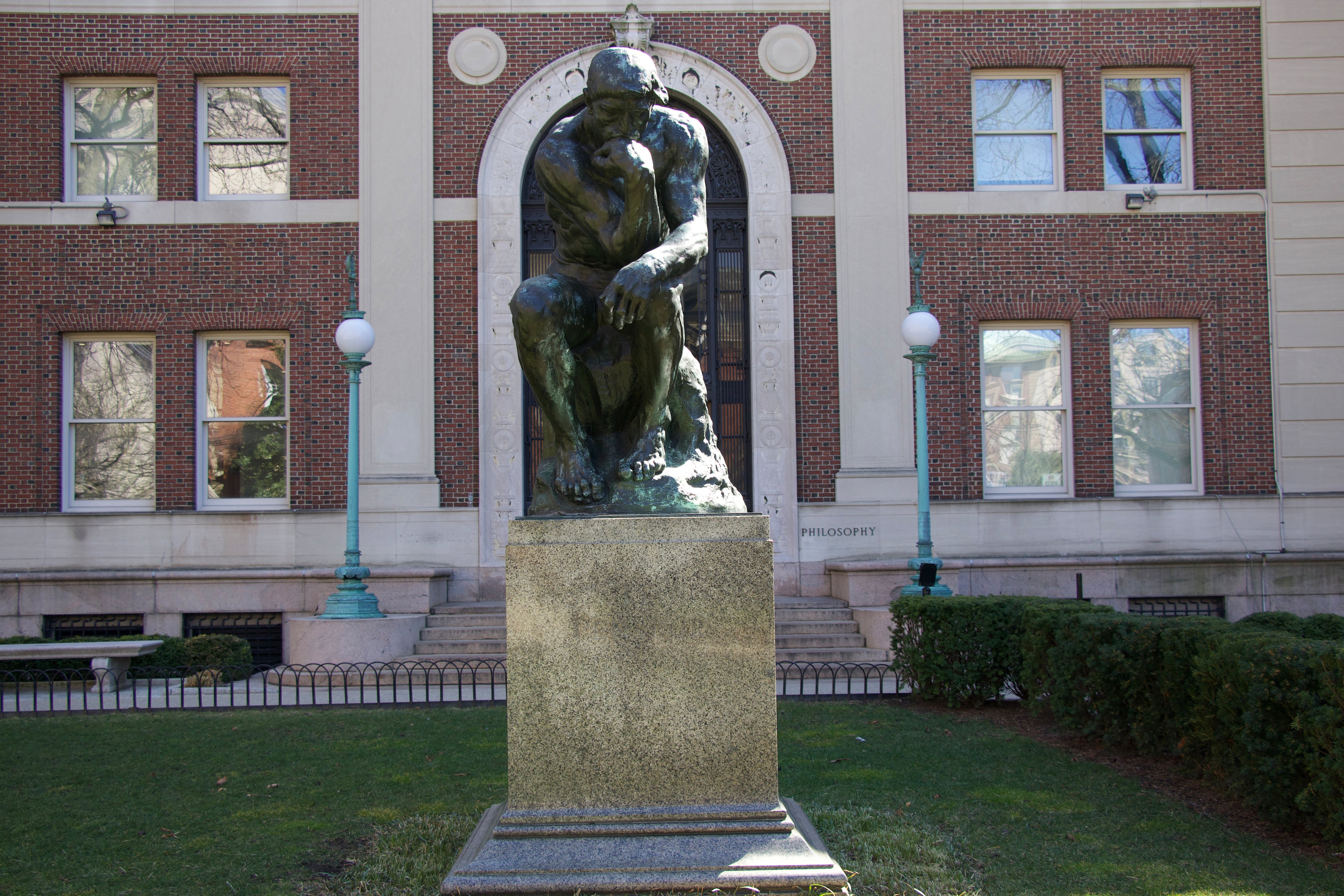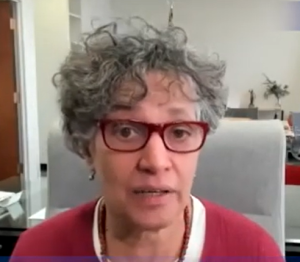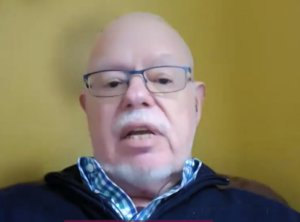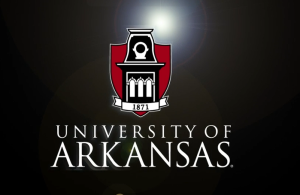29 July 2025
Columbia University has signed a new agreement with the Administration which restores access to federal research funding while making large, ill-defined concessions. The following survey of opinion among Columbia faculty in the Columbia Spectator reveals some of the largest costs including not least the University’s adoption of the IHRA definition on antisemitism.
‘There’s a lot of fear’: Faculty react to Columbia’s $200 million settlement with Trump administration
Spectator spoke to nine faculty members about academic freedom, the federal government’s restoration of research funding, and possible paths forward.

By Esmeralda Paredes / Deputy Photo Editor
The University agreed to pay over $220 million to settle its civil rights investigations as part of the deal. By Emily Pickering and Spencer Davis • July 27, 2025 at 12:44 AM
Updated on July 27 at 5:14 p.m.
In the wake of Columbia’s $221 million deal with the government that has shaken higher education and redefined federal oversight of American universities, faculty at the University are wrestling with how the Wednesday settlement—which resolved Title VI and Title VII complaints and restored federal funding—will impact the institution.
Nine faculty members expressed disappointment, hope, and apprehension in interviews with Spectator after the University announced a $200 million settlement with President Donald Trump’s administration to settle its civil rights investigations and restore a “vast majority” of previously terminated federal grants.
The University will pay the $200 million over three years to settle its Title VI antisemitism violation and an additional $21 million to the Equal Employment Opportunity Commission to create a claims fund for Jewish employees and settle its pending Title VII investigation. The agreement also codifies a set of commitments the University made on March 21 in response to demands from the Trump administration.
“My immediate reaction was sadness, and mixed in some ways,” Page Fortna, chair of the department of political science, said, noting that she was “very relieved for our colleagues, particularly at the medical school, but also others who have had their funding cut.”
As part of the settlement, the University agreed to reveal the admissions data of both rejected and admitted students, including their race, GPA, and standardized test performance, and ensure that its hiring processes and admissions policies are “merit-based.”
The Trump administration will restore most of the $400 million in federal grants it canceled on March 7 and the University will resume its access to future federal funding, according to the settlement. The Trump administration will also not pursue “civil action” against the University for its civil rights violations against Jewish students and will notify its accreditor that it is in compliance with federal antidiscrimination law, following a warning issued June 30.
Of the $400 million the Trump administration cut from Columbia, $250 million came from the National Institutes of Health. The University laid off nearly 180 researchers in May in response to the cuts—about 20 percent of University researchers funded by the canceled grants.
Despite the restoration of funds, several faculty members told Spectator they were unhappy with the deal, citing apprehension that the terms will be upheld and concerns over future funding cuts from the Trump administration.
“There’s a tremendous amount of disappointment and anger,” Anya Schiffrin, senior lecturer at the School of International and Public Affairs, wrote in a statement to Spectator, adding that faculty members are “completely crushed.”
“We’re terrified that this is just the beginning of further demands,” Schiffrin wrote. “For this reason, I think there is a huge amount of unhappiness with what has happened. I don’t know anyone who’s celebrating or who thinks this is any kind of victory.”
The terms of the settlement state that the federal government will not have control over hiring, admissions, or academic speech at the University. Michael Thaddeus, professor of mathematics and acting president of the Columbia chapter of the American Association of University Professors, told Spectator that “many other passages in the settlement belie that claim.”
Thaddeus cited a term in the settlement that the University will develop “training materials to socialize all students to campus norms and values more broadly.”
“I find it chilling that an authoritarian government would just put pressure on Columbia to promote its own preferred norms and values, and also it’s showing that our University seems to have acquiesced to the pressure,” Thaddeus told Spectator. “Think about that phrase, to ‘socialize all students to campus norms and values.’ That sounds almost like indoctrination, like thought control, and it’s the kind of thing that we rightly decry when it happens in a dictatorship.”
James Applegate, professor of astronomy, told Spectator that he too is skeptical about how the terms of the deal will be carried out by the University.
“There’s an awful lot of double talk that goes on in here,” Applegate said.
Fortna agreed, describing a “credible commitment problem.”
“It’s not at all clear to me how Columbia can hold the government to its commitment, basically, to restore funding,” Fortna said.
“There’s nothing in the agreement that reassures me that other than this very short-term alleviation of the financial pain that we’re out of it long term, and in the meantime, I think we’ve given up a lot,” Fortna continued.
Jacob Fish, professor in the department of civil engineering and engineering mechanics, said that though he believes the deal is “not ideal,” he supports it.
“It restores research funding that we badly need,” Fish said. “Me personally and my colleagues, it’s very, very important for us, and it preserves academic autonomy and governance, independence of the University, which is very, very important for any kind of academic institution in the United States.”
He referenced the Wednesday statement made by acting University President Claire Shipman, CC ’86, SIPA ’94, regarding the deal with the government, which he was “excited” about.
“When I was reading that, I had tears in my eyes,” Fish said. “I am optimistic. I think it’s a good thing. I think it allows us to go back and do research, to excel in what we’re doing. Columbia is a leader in research, in education, and we should be focusing on those things and not dealing with what we have been doing here for the past two years.”
Howard Worman, professor of medicine and pathology and cell biology and University senator, similarly commended the agreement.
“Columbia’s entire research operation was at risk. Not only had important research come to a halt, but being cut off from federal funding could have triggered an exodus of promising faculty, especially from the medical center,” Worman wrote in a statement to Spectator.
The Trump administration first canceled the University’s federal funding due to “continued inaction in the face of persistent harassment of Jewish students.” In a Wednesday statement regarding the settlement, the University wrote that though it does not “admit to wrongdoing,” its leaders have “recognized, repeatedly, Jewish students and faculty have experienced painful and unacceptable incidents.”
“Even within our own University community, there’s a lot of disagreement, a lot of acrimony, about what we should have been doing about antisemitism, how we should have been responding to it,” Thaddeus said.
He added that the Trump administration had “exploited it because it’s a wedge issue.”
“But once they’ve established the principle that we capitulate on these ideological questions, we don’t stand up for our academic freedom or our institutional autonomy, of course, they’ll be putting pressure on other things,” Thaddeus said.
As part of a series of sweeping changes the University enacted July 15 during funding negotiations, the Office of Institutional Equity will incorporate the International Holocaust Remembrance Alliance definition of antisemitism. Examples of antisemitism included in the definition include “applying double standards” to the state of Israel or calling Israel’s existence a “racist endeavor.”
Fortna cited challenges with incorporating this definition from her vantage point as a political science professor.
“There are a couple of things that, depending on how they are interpreted, could mean that criticism of Israel is equated with antisemitism, which, for somebody who studies politics, war and peace, conflict, it makes it very unclear how you can talk about conflict, the war in Gaza, any of that, without worrying that somebody will say that whatever you have said is antisemitic,” Fortna said.
She referenced another term of the deal—that the University will establish training processes to ensure students are “committed to the longstanding traditions of American universities,” which include civil discourse and free inquiry.
“I don’t see how we can have free inquiry and open debate if we are incorporating a contested definition, and we can’t debate the definition,” Fortna said.
Worman, however, supported the change.
“I believe that the process leading up to this deal prompted the University to admit that antisemitism has been a significant problem on campus and use the International Holocaust Remembrance Alliance Definition of Antisemitism,” Worman wrote.
Joseph Howley, associate professor of classics, said that the deal “is basically a full menu of right-wing MAGA grievances and issues and Project 2025-style agenda for higher education and American culture.”
Howley said that since the Trump administration issued a list of demands in March to restore federal funding—which the University complied with the same month and then codified in the Wednesday deal—there has been an “unprecedented” level of faculty organizing for academic freedom and independence.
“A lot of faculty have been very outspoken about what they consider the red lines here that the University needs to make sure don’t get crossed,” Howley said. “And I think if you look at the language of the deal, to me, it gives every impression that faculty organizing has been effective.”
Applegate echoed Fish in an interview with Spectator.
“Columbia, as a research university, needs a constructive and healthy relationship with the federal government,” Applegate told Spectator.
Though some have suggested that Columbia terminate its relationship with the federal government and seek alternative funding sources, Applegate said the capacity of federal funding is unmatched.
“Even if we had a main line pipeline into Bill Gates and Warren Buffet, they wouldn’t come close to matching the federal government,” Applegate said.
Gil Zussman, professor of electrical engineering, wrote in a statement to Spectator that he is “very happy that the university and the federal government finally reached an agreement and that research funding is restored.”
“It is important that the agreement acknowledges the antisemitism and anti-Israeli hate that were directed at students, staff and even faculty for almost two years,” Zussman wrote.
Several faculty members told Spectator that they expect the University to do more to clarify the terms of the agreement going forward.
“This agreement is just the beginning of a long and challenging recovery process for the university,” Zussman wrote.
Several faculty members told Spectator that they see the agreement in the context of the University’s actions over the last several months, including its July 15 commitments to combat antisemitism, its announcement that the Rules of University Conduct will be housed under the Office of the Provost, and its disciplinary action against over 70 pro-Palestinian protesters who participated in the May 7 Butler Library demonstration.
“Even before the agreement, the University demonstrated in the past couple of months that rules can be enforced, and I believe that this will significantly change the atmosphere on campus in the fall, so that we can all focus on research and teaching,” Zussman wrote in a statement to Spectator.
David Pozen, professor of law, wrote in a blog post that the agreement “gives legal form to an extortion scheme.”
“No established legal process was followed for the Columbia agreement; no genuine legal dispute was resolved,” Pozen wrote. “The dealmaking is the main regulatory event from start to finish.”
Several professors expressed worry that the agreement does not preclude the federal government from exercising other forms of restraint on the University.
“The federal government has a lot of levers of power, and this settlement maybe takes some of those levers away, but others remain very much in the government’s power to pull,” Thaddeus said.
Deputy News Editor Spencer Davis can be contacted at [email protected]. Follow him on X @spencerdaviis.













